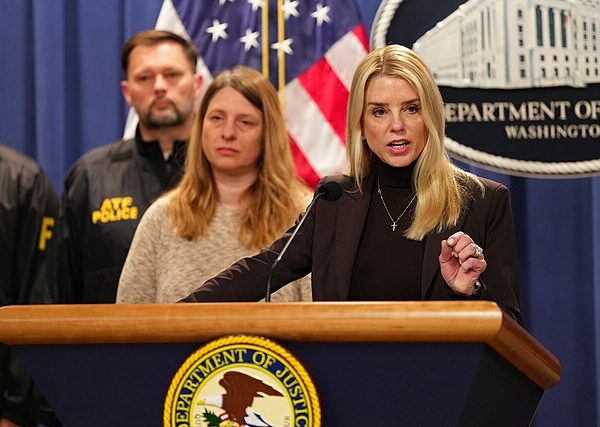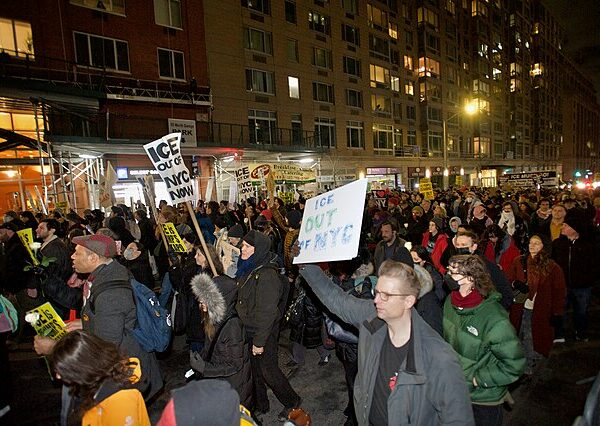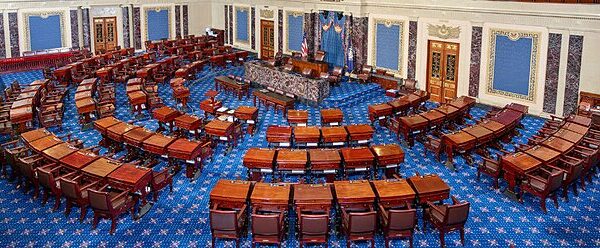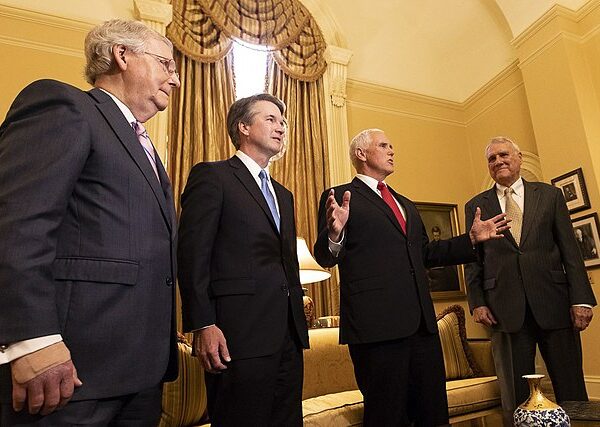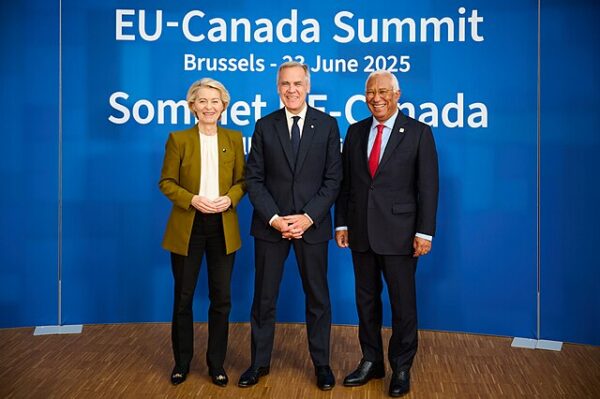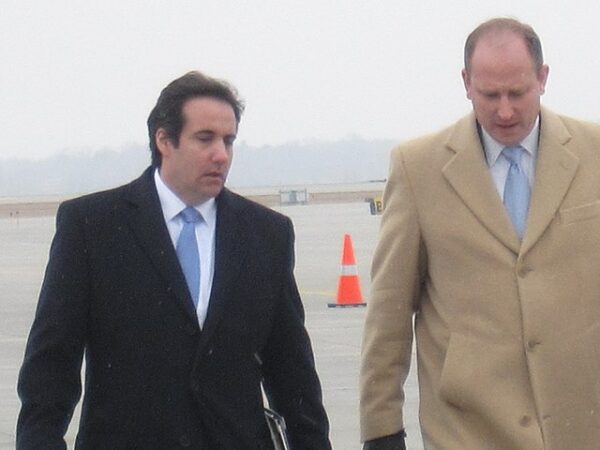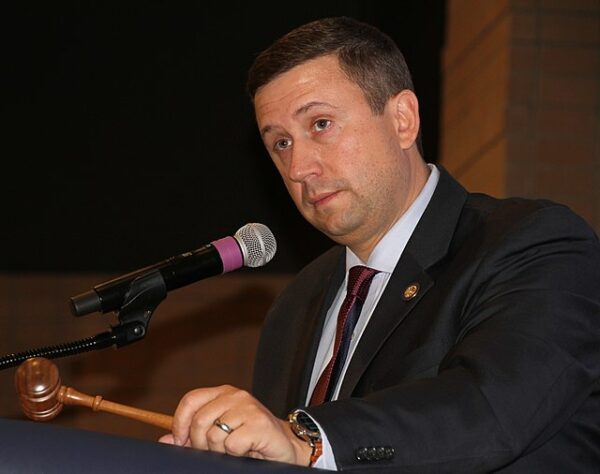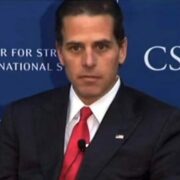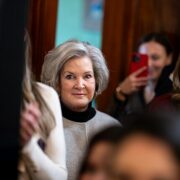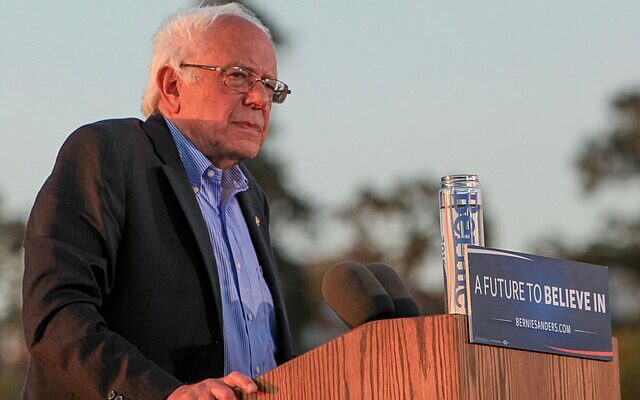
In a moment of candor that is already rippling through political circles, Senator Bernie Sanders acknowledged what many in his movement have long suspected: the Democratic Party’s primary process has not been genuinely democratic for well over a decade. Appearing on the podcast Flagrant with comedian Andrew Schulz, Sanders conceded that the last fair Democratic primary occurred in 2008—an admission that could hardly be more damning coming from the party’s most prominent progressive insurgent.
“Over the last four elections, Democrats, we felt that we didn’t have a say on who could be president,” Schulz said on his “Flagrant” podcast. “We talk a lot about the Republicans being autocrats and oligarchs and taking over democracy. But from the Democrat perspective, and I’m a lifelong Democrat, I felt like the Democratic Party completely removed the democratic process from its constituents. And I think they need to have some accountability of that.”
The progressive senator agreed, adding, “no argument here,” noted Fox News.
Pressed by Schulz’s co-host Akaash Singh—“There hasn’t been a fair primary for the Democrats since 2008. Are they not also a threat to democracy?”—Sanders didn’t hesitate. “Yeah, I’m not going to argue with that,” he replied.
Then came a jaw-dropper. Sanders was cornered by co-host Akaash Singh, who got him to admit that, YES, Democrats ARE a threat to Democracy.
It happened when Schulz brought up how, over the past four election cycles, Democratic voters had little to no real say in who their… pic.twitter.com/jo0dEEpAr5
— The Vigilant Fox 🦊 (@VigilantFox) May 19, 2025
In the hour-and-a-half-long unscripted conversation, Sanders said the party establishment has blocked grassroots movements and sidelined candidates who challenge its leadership.
“The establishment did not want to open the door,” he said, describing how his campaign events drew thousands of young and working-class people, while official Democratic Party functions were dominated by “older, whiter, wealthier” attendees.
He criticized Kamala Harris’s 2024 presidential campaign for being shaped by political consultants who aligned her messaging with the Biden administration, a strategy he believes helped sink her chances, according to Newsweek.
“I know Kamala: she’s a friend and she’s very smart. But that was what her bloody consultants told her to say,” Sanders said. “I begged them.”
The exchange, clipped and circulating widely online, reopens a long-simmering debate over whether the Democratic Party’s nominating process is rigged against outsiders. Sanders himself was twice the casualty of such machinery—first in 2016, when the DNC’s open bias for Hillary Clinton ignited a grassroots revolt, and again in 2020, when the consolidation of the party around Joe Biden halted Sanders’ early momentum.
At the heart of this controversy lies the party’s superdelegate system, introduced in 1984 and still a source of deep mistrust. Though reduced in influence after modest reforms in 2018, superdelegates—party insiders free to disregard primary results—symbolize, for many, an establishment firewall against populist challengers. The system’s most infamous display came in 2008, when superdelegates helped tilt the balance between Barack Obama and Hillary Clinton. To critics, this was the moment the illusion of a democratic primary process began to crack.
Sanders’ remarks now lend establishment critics fresh ammunition—and raise uncomfortable questions for a party that continues to cast itself as the guardian of democratic norms.
The timing of Sanders’ admission could prove consequential. With the 2026 midterms looming and Democratic leadership again under fire for insulating incumbents and suppressing dissent, grassroots voters may grow more restive. Already, calls for deeper reforms are reemerging—not just to the delegate system, but to ballot access rules, debate qualifications, and financial gatekeeping that critics say favor well-connected candidates.
What remains to be seen is whether Sanders’ words signal a new willingness to challenge the party’s internal order, or merely a final postscript to a struggle he no longer has the appetite to wage. Either way, his blunt assessment has pierced the veil—and reopened a debate the party can no longer afford to suppress.
[Read More: Van Jones Says Dem Cover Up ‘Crime Against This Republic’]

